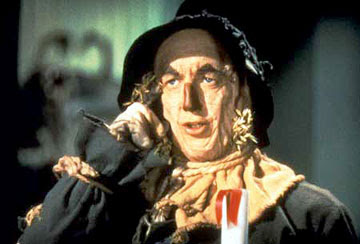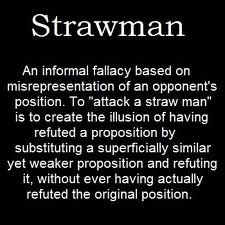___________________________________
While good reviews and course adoptions of my book are heart warming, I'm particularly excited when I learn that other academics who have read my book are writing aggressive op-ed pieces that strengthen or build on the arguments I made in The Myth of the Free Market. The article below - "False Promise of Unbridled Capitalism" - is one of those pieces. It was written by R. Matthew Poteat, Assistant Professor of History, at Central Virginia Community College. It's excellent, and deserves to be circulated widely. Enjoy.
___________________________________
False promise of unbridled capitalism
Written by R. Matthew Poteat
GOP presidential hopeful Tim Pawlenty is finding out that the road to his party's nomination runs to the right. The far right. Take for example Pawlenty's view on capitalism:
"I'm a market person, but there are certain circumstances where you've got to have government put up the guardrails or bust up entrenched interests before they become too powerful."
This view, however, is no longer acceptable to many GOP voters. These voters believe not only that unbridled capitalism will fix the debt/ deficit crisis, create jobs, and protect American freedoms, it will also fix our schools and hospitals, too. They believe the government should "get out of the way," deregulate the marketplace, slash taxes and spending, and let independent market forces do their job.
The problem is, market objectivity is an illusion. There is no such thing as a truly free market. In a truly free market there would be one-page trade agreements. Trade in child labor, drugs, sex, and weapons would be open. Environmental regulations would not exist. Foreign capital and foreign workers would flow freely across borders.
All markets, therefore, are political and require government intervention. Every market has rules and boundaries that restrict freedom of choice. Yet, faith in free market fundamentalism is today a GOP litmus test. Moreover, to give this view historical weight, its supporters allege that by accepting this orthodoxy America is merely returning to its founding principles.
It may sound good to some, but it's not true.
Take for example the Gilded Age. From about 1877 to 1892, the U.S. economy grew at the fastest rate in its history. Industry boomed and mass transportation and communication networks were built. By the 20th century, U.S. per capita income and industrial production led the world.
Strict free-marketeers point to this period as the golden age of free market American capitalism. Yet, what they ignore is the 50 percent protectionist tariff rate and foreign investment prohibitions that allowed American industry to grow.
As Republican president William McKinley said, "free foreign trade gives our money, our manufactures, and our markets to other nations to the injury of our labor, our tradespeople, and our farmers. Protection keeps money, markets, and manufactures at home for the benefit of our own people." (Alexander Hamilton had suggested this decades earlier).
There are numerous examples of why unbridled free market capitalism doesn't work as well as advertised — especially for developing nations — but let's use a local example: the wild turkey.
By the 20th century, wild turkeys and many other wildlife species were hunted to near extinction. That is until concerned Americans lobbied their government for market regulation. In 1937 Congress passed the Federal Aid in Wildlife Restoration Act, which taxed firearms and other hunting equipment. The revenue was used for conservation programs. From fewer than 30,000 wild turkeys in the 1930s, the population today is over 7 million.
This law, and other regulations like bag limits, hunting seasons, and wildlife refuge areas, has contributed to an enormous growth in the outdoor industry.
According to the Virginia Department of Game and Inland Fisheries "each year in Virginia, hunters spend more than $480 million in trip-related and equipment expenditures and generate $128 million in state and local taxes supporting more than 24,000 jobs in the commonwealth. Hunters also contribute to the Virginia economy in the form of food, lodging, gasoline, dog food, kennel supplies, veterinarian care for hunting dogs,and equipment purchases. Hunting attracts visitors from out-of-state and those visitors spend a lot of money here in that pursuit."
None of that would have been possible without state intervention in the marketplace.
Capitalism is the best and most just economic system invented, but Adam Smith and our founders understood that the invisible hand of the market required state regulation to check greed and corruption. Indeed, a just market cannot operate in a state of nature. Article I sec. 8 of the Constitution, Federalist Papers 10 and 42, and the recent Great Recession make this clear.
The utopia promised by rigid free market capitalism is a myth, and politicians and radio talk show hosts who think otherwise aren't being honest or historically accurate.
R. Matthew Poteat is an assistant professor of history in the Virginia Community College System. Email him at rmpoteat@gmail.com
________________________
Click on the
link here if you want to read the "Comment" section. As you'll see, Professor Poteat hit a nerve with a few of his neighbors.
- Mark





























